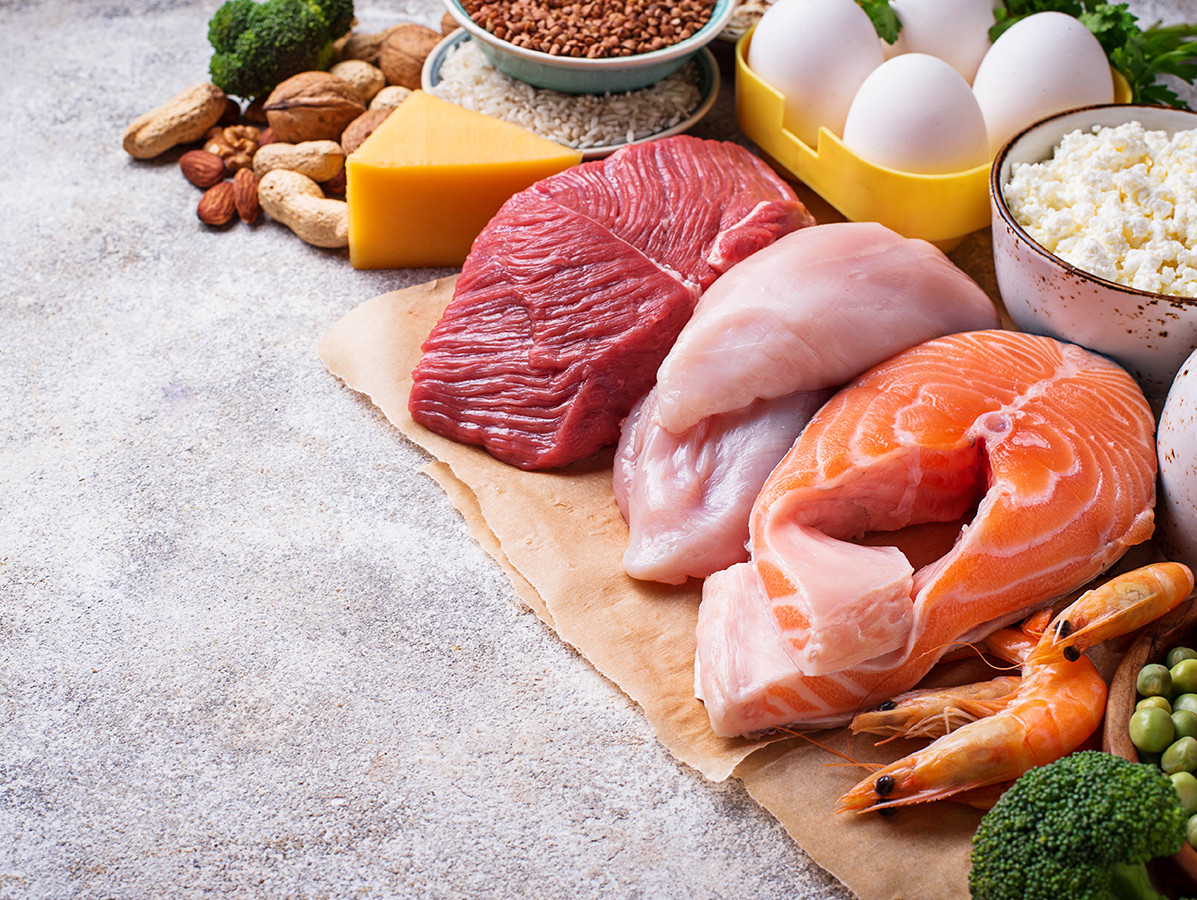
The impact of the corona crisis on the food sector has two faces. For example, there is substantial growth for companies supplying (online) supermarkets, while companies supplying the hospitality industry are experiencing a sharp decline. The impact of the corona crisis in the food sector is therefore strongly determined by the type of sales channel. Expenditure in supermarkets reached record highs and also remained at a higher level in June, July and August than a year ago. Parties supplying supermarkets can count on higher sales at least until 2021. The Potatoes, Vegetables and Fruit (AGF) sector shows growth in 2020 (+1 percent) and 2021 (+2 percent), partly due to the strong increase in supermarket sales. Because consumers are more at home, convenience products, such as food parcels and meal boxes, were eagerly in demand. Expenditure on meal boxes has doubled since May. Convenience products that are mainly consumed on the road, such as ready-made meals, fell. Sales of dairy products, such as yoghurt, milk and desserts, also increased sharply in supermarkets. However, this did not make up for the drop in dairy exports, causing dairy volumes to shrink by 2 percent in 2020. For the food sector as a whole, turnover is expected to drop by 4 percent this year. ABN AMRO expects this to be only partially compensated for in 2021 (+2 percent).
The crisis has had a major impact on the decline in meat products (-5 percent). Because the hospitality industry was hit hard and the number of tourists fell sharply, an important sales market was lost. A large part of the meat production is also destined for export. Because the demand for meat also dropped in export countries due to the closure of the hotel and catering industry, exports fell by no less than 17 percent in April and May compared to a year ago. ABN AMRO expects this sector to grow again in 2021 (+3 percent). The biggest loser is the drinks sector. The decline in birthday parties, weddings, festivals and restaurant visits led to a drop in sales of soft drinks and alcoholic beverages. Therefore, the outlook for 2020 (-8 percent) is not positive and the expected increase of 6 percent in 2021 only partly compensates for this.
According to ABN AMRO, the crisis has had an enormous impact on the food sector and on consumer behaviour. "Society has changed enormously as a result of the virus outbreak. Keeping one and a half meters away is the norm and places where people congregate, such as cafes and restaurants, are bound by strict rules. In addition, there are other major social changes that affect the way people now eat and drink," says Nadia Menkveld, Sector Economist Food at ABN AMRO. "Declining exports as a result of the shutdown of important sales markets have had the greatest impact on the food sector as a whole. In the countries around us, too, there is less travel, people work less often in the office and the hospitality industry is subject to restrictions. As a result, demand from restaurants, fast-food chains and cafes in important export countries fell and exports suffered. Fortunately, exports in June were already a lot more positive, but sales of food products abroad will remain under pressure for the time being".
Source: ABN AMRO